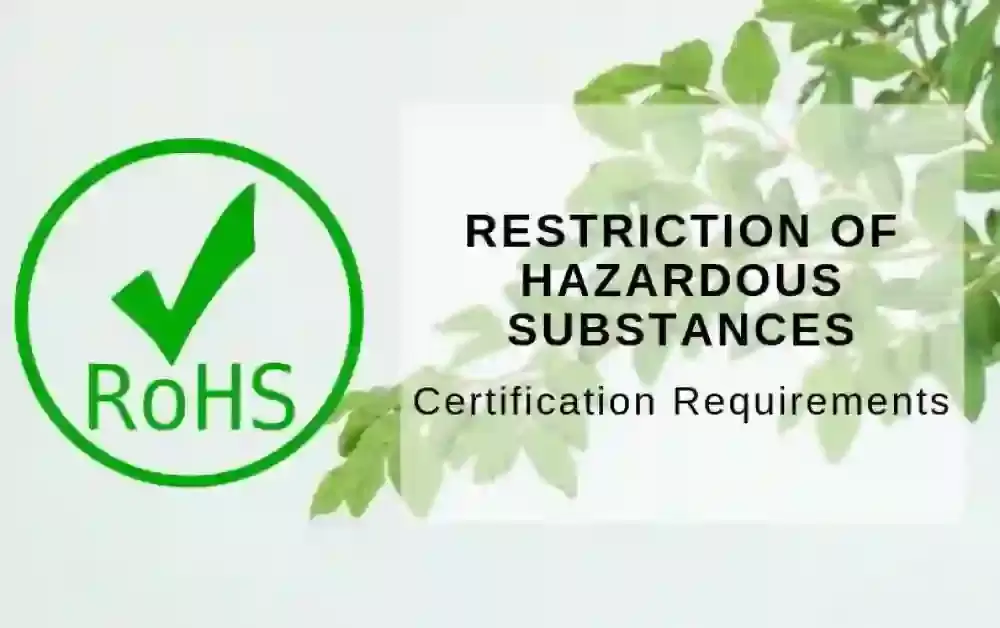RoHS Certification Requirements
- October 12, 2018
- Registrationwala

- Home
- /
- Knowledge Base
- /
- Other Registrations & Licenses
- /
- ISO Certification
- /
- RoHS Certification Requirements
RoHS Certification Requirements
RoHS refers to the Restriction of Hazardous Substances. These restrictions are placed upon the materials that are used to make electrical products. Getting this certification ensures that the product that you are providing is safe. However, there are RoHS certification requirements to India to consider before you can even begin to get this form of license. Throughout the course of this blog, this is the matter that we are going to look into.
The Requirements to get RoHS Certificate
With manufacturing, comes the issue of safety associated with the products used. There are certain hazardous chemicals in this world that can damage you in more ways than one. Therefore, the RoHS certification process in India is a necessary one. The requirements to get this certification are as follows:
- Lead (PB) should not be more than 1000 ppm (parts per million)
- Mercury should be less than 100 ppm
- Cadmium should be less than 100 ppm
- Hexavalent Chromium should be less than 1000ppm
- Polybrominated Biphenyls should be less than 1000 ppm
- Polybrominated Diphenyl Ethers should be less than 1000 ppm
- Bis (2-Ethylhexyl) phthalate should be less than 1000 ppm
- Dubutyl Phthalate should be less than 1000 ppm
- Diisobutyl Phthalate should be less than 1000 ppm
When you are manufacturing your products, these are the material requirements that you need to take into account. These restrictions are based on the 2018 version of the standard. Therefore, you are in fact looking at the latest compliant requirements.
If you are compliant and want to get on with the RoHS certification, you can contact Registrationwala and we can aid you through this process.
- 4618 views
